
Joe Trohman picks 11 essential guitar albums
"Playing arenas is a pretty big deal," says Fall Out Boy lead guitarist Joe Trohman, speaking about the band's ongoing sold-out world tour. "Literally it’s huge – we're playing giant places – but metaphorically it feels very big, too. We don't take for granted that we've developed a very loyal audience. We're most appreciative that our fans have stayed with us."
Trohman has another reason to relish the band's arena-headline status: He now has a chance to stretch out and show off his six-string skills in a bona fide solo spot. "It's super-indulgent and goofy," he says with a self-deprecating laugh. "But I have fun. I’m sure there’s some terrible iPhone clips of it making the rounds.”
In compiling his list of 10 Essential Guitar Albums (and adding one more for a nice round number of 11), Trohman made the case that superior axe skills weren't the sole criteria guiding his choices. “Awesome guitar playing doesn’t always make for great albums," he says. "I have lots of records that have cool guitar parts, but if the songs are just OK or whatever, they’re not great guitar albums.
“I think that essential guitar albums have to be solid throughout. I don’t care if the guitar playing is technically proficient or amazing – the feel has to be there. You need spirit and attitude, but you also have to say something different. The guitarist has to evoke an emotion somehow, and that usually comes from being unique. If you've just practiced scales over and over, you're not going to make a statement."
His picks certainly underscore a diverse listening library: Everything from Black Flag to Al Green to The Smiths is represented. "I think it's pretty obvious that Fall Out Boy's style of music doesn't come from just one genre," he says. "As a guitarist, I like players that are all over the map. When we get down to the nitty-gritty, essential guitar albums are ones that, for me, inspired me to play. They made me look at my relationship with the guitar in a new or important way, no matter what kind of music it might come from."
On the following pages, Joe Trohman runs down his picks for 11 essential guitar albums. For Fall Out Boy tour dates, visit the band's official website.
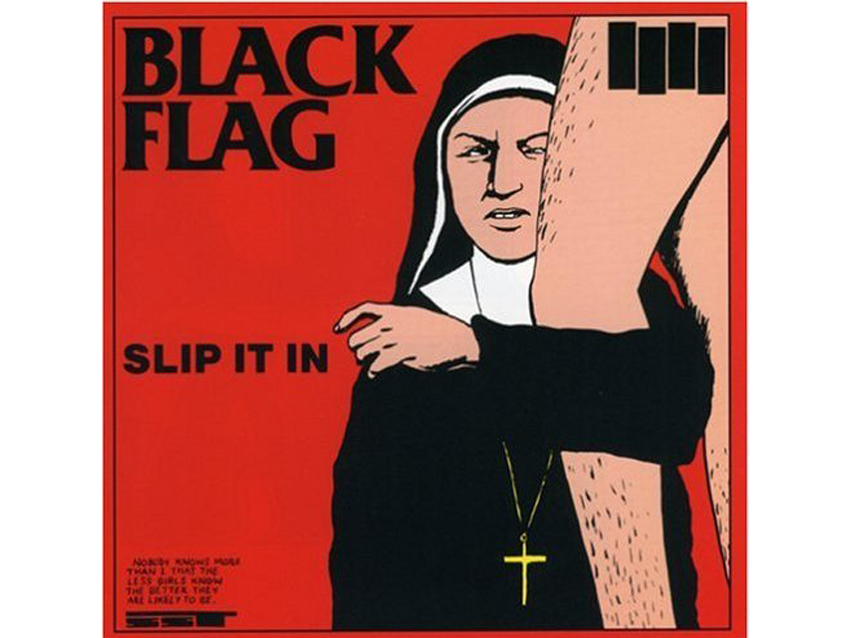
Black Flag - Slip It In (1984)
“I remember listening to a Metallica record when I was a kid, and a friend of mine said, ‘Dude, you think that’s nuts? Listen to Black Flag.’ So I did, and I was like, ‘Wow, man, how did I miss this?’
Right away, I was into Black Flag. I went to the old seven inches, and then it was Damaged and My War. On My War, they were sort of this darker band, with elements of Sabbath and free-jazz going on. Things were really wrong and bizarre, but it was on purpose, and that make them sound really right.
“Slip It In takes that even further. Aside from Ron Reyes becoming a better lyricist, Greg Ginn is really diving into experimental territory. I love the super out-of-key scales he plays, all the whacked-out licks. His stuff is herky-jerky and robotic and just completely weird. So many noise bands borrow from what he did.
“Ginn made sure that every Black Flag record was good but not too good. I think that added the off-kilter appeal and vibe. I’ve talked to people who worked with Greg, and they said, ‘It was all on purpose. All of that was intentional.’ The plan was that it was going to be subversive, ugly guitar playing – but also very beautiful in its own way. It’s like a puppy that so ugly, it’s cute.”
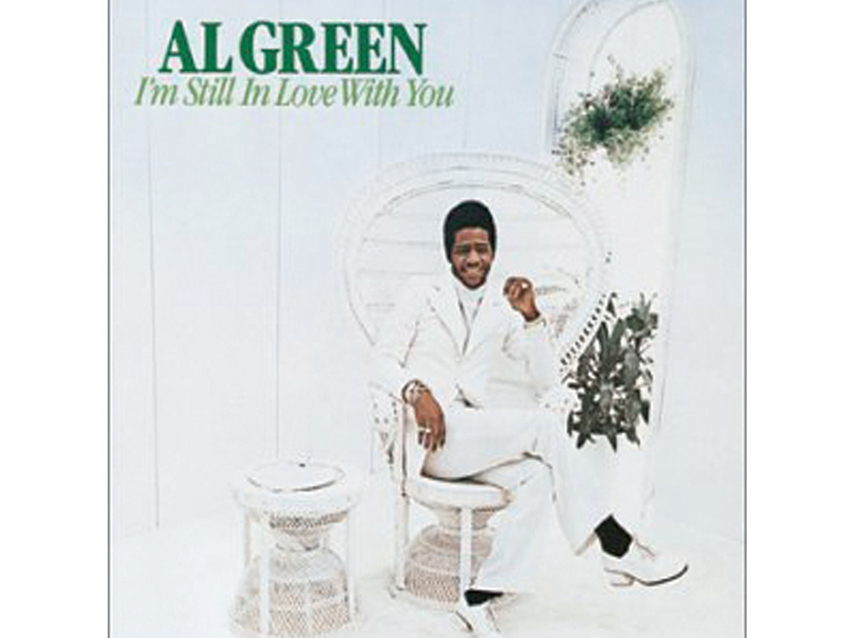
Al Green - I'm Still In Love With You (1972)
“Teenie Hodges – one of the best guitar tones in soul, and some of the greatest licks of all time. Modern guitar players should check out this record. The title track is one of Al’s biggest hits, but one of the coolest things about it is the guitar lines, which are so memorable. You can hum every little part.
“His guitar playing on Love And Happiness is incredible – beautiful, subtle and totally spot-on. That kind of stuff is very influential to the way I write and play, especially when I’m using a clean setting.
“I got into this album because of my parents. They’re both from Detroit, and they both like Motown and soul, so Al Green fit right in. This is a record that was played a lot in my house, but I never got sick of it. When I got older, I got into Al Green on my own; and when I started playing guitar, I wanted to know who played all those great guitar lines. Teenie Hodges, man – I can't say enough about him."
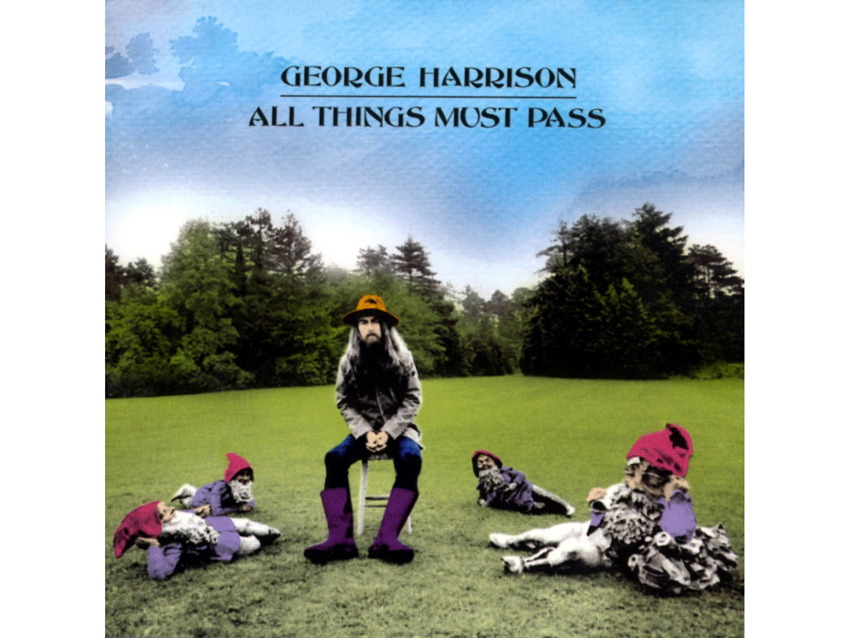
George Harrison - All Things Must Pass (1970)
“This album has influenced me in so many ways. It’s one of those records that’s so good, you can forget the guitar playing. Everything has a way of becoming one on it; it’s one big ball of glorious sound. But when you do focus on the guitar playing, you realize how beautiful it is.
“As always, George played a lot of progressive and ethereal things, but he could be very rootsy, as well. Everything is steeped in this sparkly reverb, which sounds really huge – the Phil Spector Wall Of Sound. It's funny, though: Even when George is playing slide, it doesn’t sound like Delta blues or old country – it just sounds like slide guitar on a George Harrison record. He had his own feel and style. He made slide guitar sound like him.
“He wore his influences in a way that they became him, to the point where he was then the influence. But you really can’t copy him, either, whereas you could have copied some of his heroes. That’s the really cool thing about him: He was so unique that he stands alone. Nobody sounds like George Harrison, especially on All Things Must Pass, which is his masterpiece.”
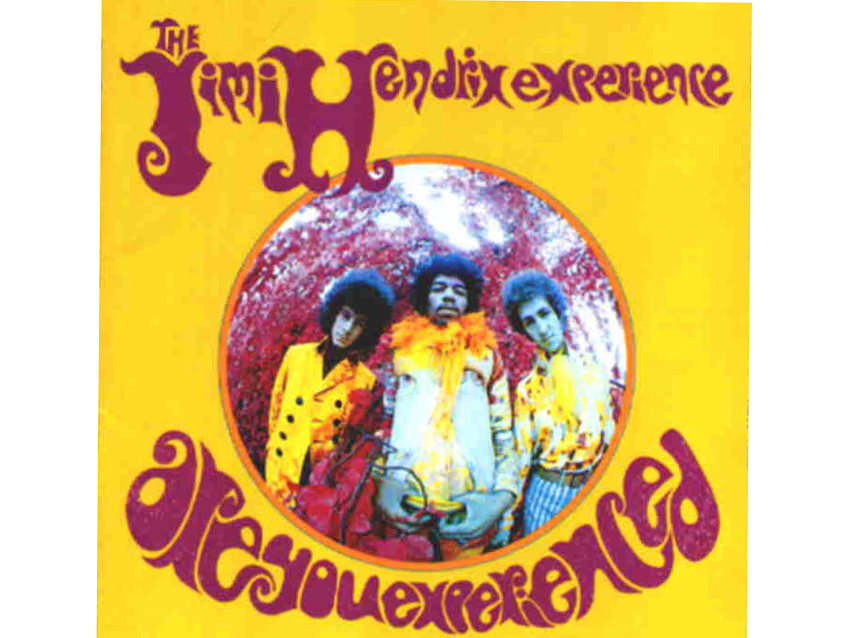
The Jimi Hendrix Experience - Are You Experienced (1967)
“It’s an obvious choice, of course, a no-brainer. The first things I wanted to learn how to play on the guitar were Purple Haze and Hey Joe. Smartly, my guitar teacher inundated me with Hendrix, and my parents were big Jimi fans, so I was steeped in the music.
“The thing about Hendix is, you don’t even have to be a guitar player to enjoy what he did. Nobody is ever going to be better than him. He is to the guitar what Michael Jordan is to basketball. There’s certain people who will always be the legend, they’ll always be the best, and that’s where Jimi stands as a guitarist. You can’t even think of toppling him. He set the bar so high that all you can do is look up at it.
“Even all the stuff they keep releasing – you think, ‘Oh, this can’t be any good,’ but then you hear it, and it’s amazing. The guy just couldn’t make bad music. But Are You Experienced is the one. It’s got all the legendary hits, all the great guitar playing – it’s pretty much everything you need on one album. And there’s a shitload of feel on it, too. It’s just perfect."
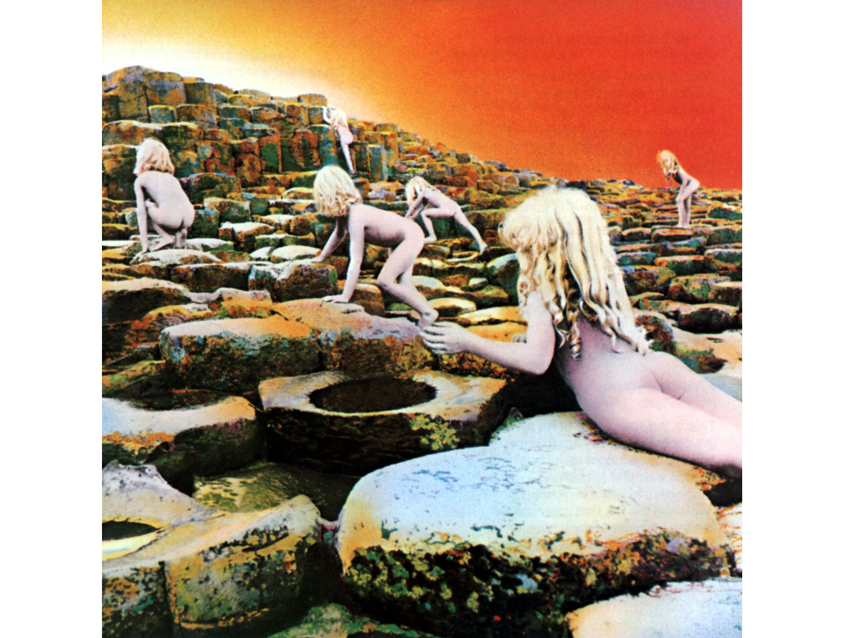
Led Zeppelin - Houses Of The Holy (1973)
“I picked this one for the reason that other people wouldn’t – they would’ve gone for Zeppelin II or IV. But when I think of The Ocean, it’s one of the most classic Zeppelin songs and riffs. You see people pick up the guitar and immediately try to play it. That says a lot right there.
“I like this album because the guitar playing is so varied. Zeppelin were trying to hit on a lot of different genres. They’re doing funk, rock, folk, reggae, and they’re even touching on this raw ‘50s pop, almost. It’s cool to hear Page doing his take on somebody in James Brown’s band in The Crunge. He’s having a lot of fun. It’s obviously him doing it – it has that Page looseness.
“I like what Josh Homme said – that Jimi Hendrix was the light and Jimmy Page was the dark. His sloppiness is almost evil. Maybe it’s the occult stuff, maybe it’s the drugs, and maybe it’s just him not giving a shit. Well, he obviously gave quite a shit – you know what I mean. It's attitude. His looseness has form. Nobody can play this crazy, mixed-up blob of sound and notes like Jimmy Page. His feel is unmatched.”
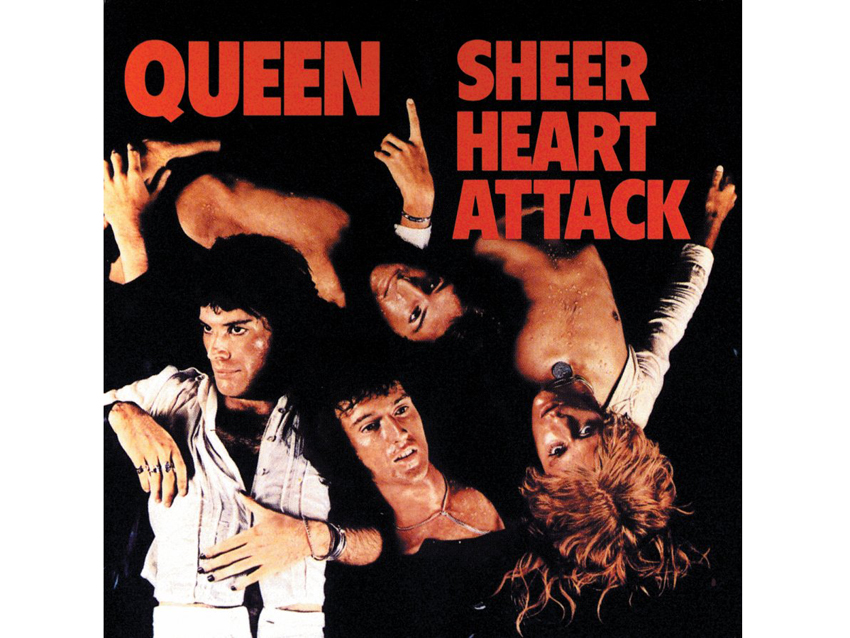
Queen - Sheer Heart Attack (1974)
“Yeah, there’s Queen and Queen II, and they’re both terrific, but on Sheer Heart Attack there was a huge leap with the production, songwriting and particularly the guitar playing. Brian May is one of the reasons why I play guitar. Brighton Rock – the crazy descending licks in that song are amazing.
“Brian May was always a sick guitarist, but here he really honed his sound. You have everything from really nasty hard rock shredding to very beautiful, singable guitar lines, which basically gave birth to A Night At The Opera.
“Brian May's sound is so recognizable – from a mile away, you know it's him. He has a few things that are uniquely him: He built his own guitar, he plays with a British sixpence – stuff like that. There’s a certain little twinge to the way he picks a note – it makes a chirping sound. On Sheer Heart Attack, everything he does, you go, ‘Oh, that’s Brian May.’”
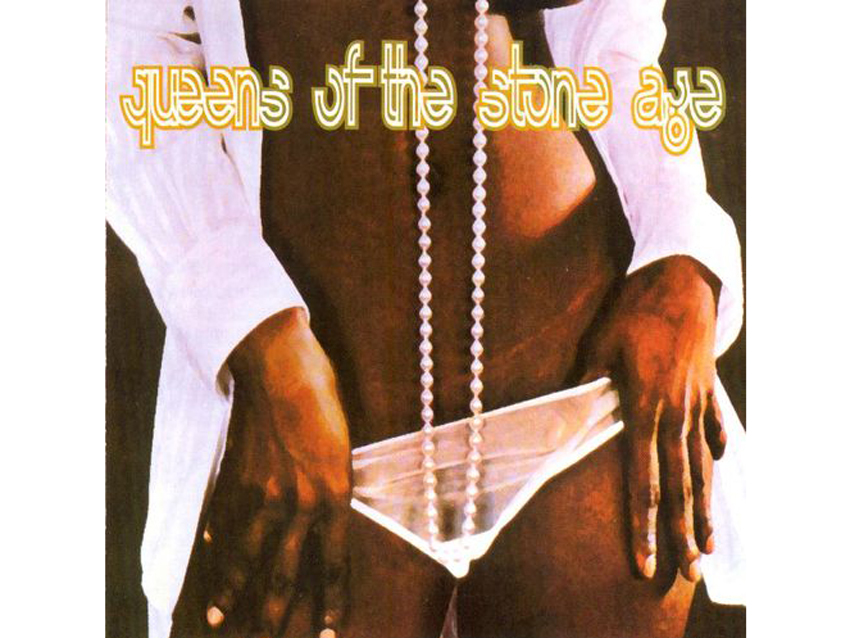
Queens Of The Stone Age - Queens Of The Stone Age (1998)
“I liked Kyuss a lot, but the first Queens record was way more than stoner rock. It was almost like the first Neu! records – this repetitive robot rock. The songs are great, but it’s all about the sound of the guitar. The tones are so special and unique.
“Josh Homme has gotten a lot better on the guitar since this record, but the stuff he plays here is fantastic. His leads are really cool. There’s so many elements here from a lot of the records I put on my list – The Stooges, Black Flag, Zeppelin – but it’s all him, man. He has a nasty vibrato; he can do those backwards Hendrix bends like you wouldn’t believe. That stuff is really hard to do.
“It’s an important record because it started one of the most unique, modern rock bands. And it holds up, too. A great first record.”
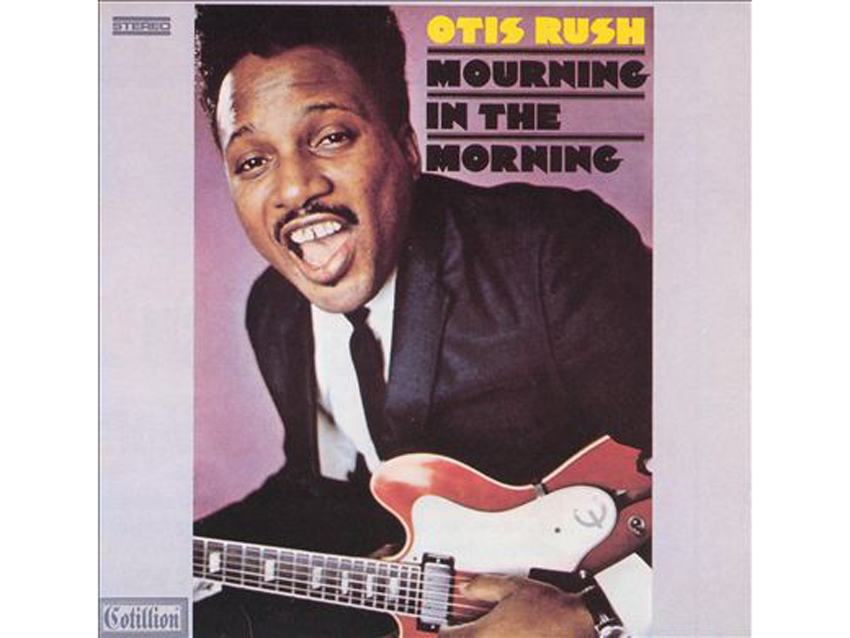
Otis Rush - Mourning In The Morning (1969)
“Everybody’s ripped off Otis Rush in some way, shape or form – I know when Zeppelin has. This record is definitely falls in the Delta blues wheelhouse, but there’s a fire and a crispness to the recording that is a little different from some of his other albums.
“There aren’t any tricks going on here: It’s a guitar going into an amp, and that’s it. His vibrato is ridiculous. He does these crazy, fast trill hammer-ons that can just knock you out, and he has great licks that respond to his vocals. I was playing this record for a friend, and he said, ‘Wow, you got one guy playing awesome guitar and the singer is just workin’ off of him.’ I said, ‘No, that’s all one guy!’
“There’s a little bit of overdrive going on, but most of the fuzz comes out in the undertones, in the aggression of his playing. But it’s not a dumb-fisted style of playing – it’s very beautiful and slick. Still, I can’t say enough about that nasty vibrato. He’s creating the sustain from his hands, his fingers and his emotions.”
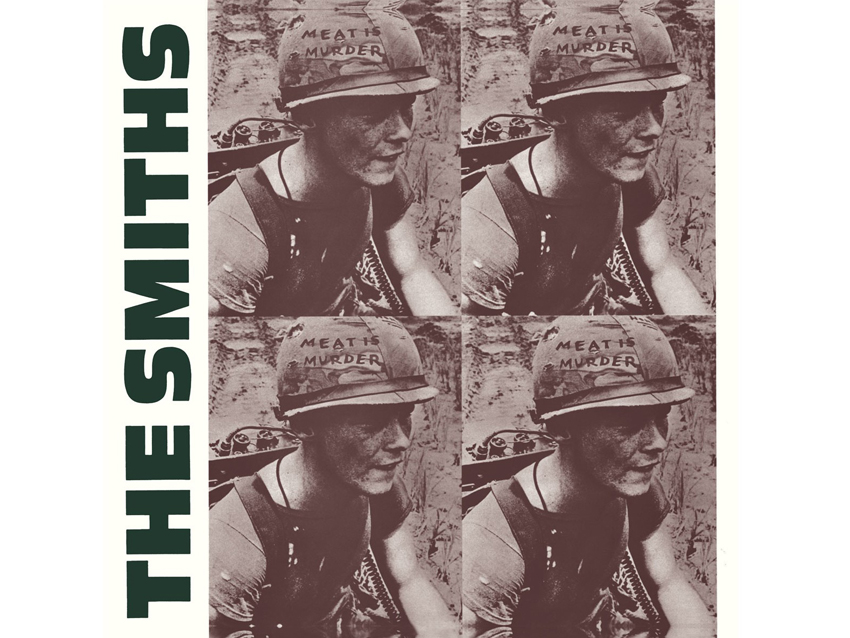
The Smiths - Meat Is Murder (1985)
“I still have my Smiths tattoos. What a great band, and of course, Johnny Marr is a master of sound. He exposed me to what you could do with delay, heavy reverb, tremolo – a lot of modulation effects.
“I Want The One I Can’t Have has a really shimmery acoustic guitar with all of these amazing, super-verbed-out delays as overdubs. The riffs are cool, jangly and very hip. I’ve tried to play them, and it always feels as though I’m playing backwards. It’s comfortable for him, though – it’s his style.
“He’s a proficient guitar player, but the best thing about him is his feel, which has almost a jazzy swing to it. This Charming Man has a fast swing tempo, and everything he plays on that is beautiful. He fills out the songs with interesting patterns, melodies and ideas. In some ways, his use of effects made way for a lot of shoegazer bands. A truly groundbreaking guitarist.”
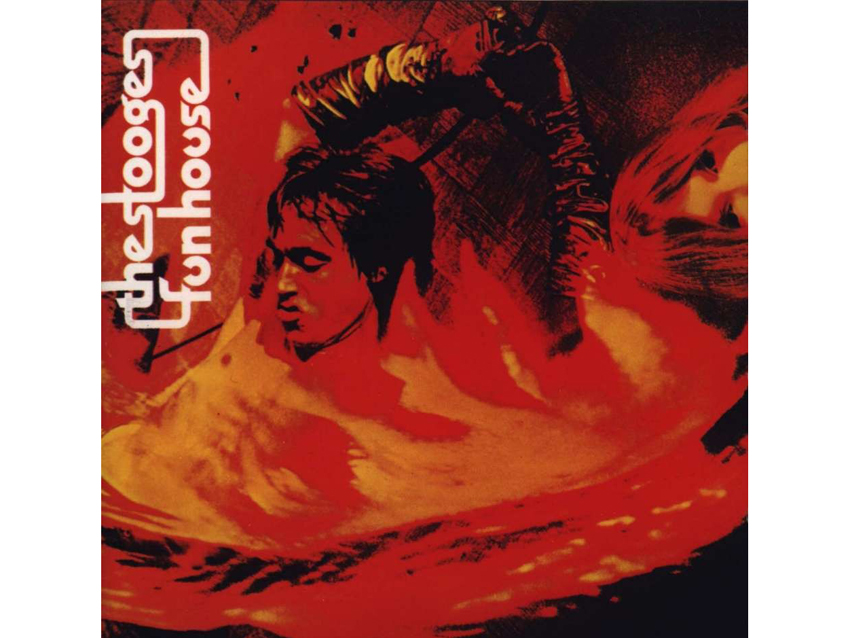
The Stooges - Fun House (1970)
“When I started playing guitar, one of the first things my guitar teacher taught me was to use a Rat pedal and to listen the MC5. So I was listening to the MC5 and somebody told me, ‘Dude, if you think that’s gnarly, check out The Stooges!’
“It was really cool to hear that first song, Down On The Street. It’s super-noisy and urgent. Ron Ashton, God rest his soul, man. I love messy, proficient guitar players, guys who sound like they just woke up and they’re still in their clothes from the night before. They grab their guitar, they’re kind of pissed, and they’re like, ‘OK, dammit, I gotta do this!’ That’s how Ron sounds to me. He just gets down to it.
“He’s loud as fuck, but he's still bluesy, and he also plays some difficult stuff, if that’s what turns you on. He’s just a big ball of punk-rock energy, and he's making it up all right there. Some guys color outside the lines; Ron wasn’t even coloring in the book.”
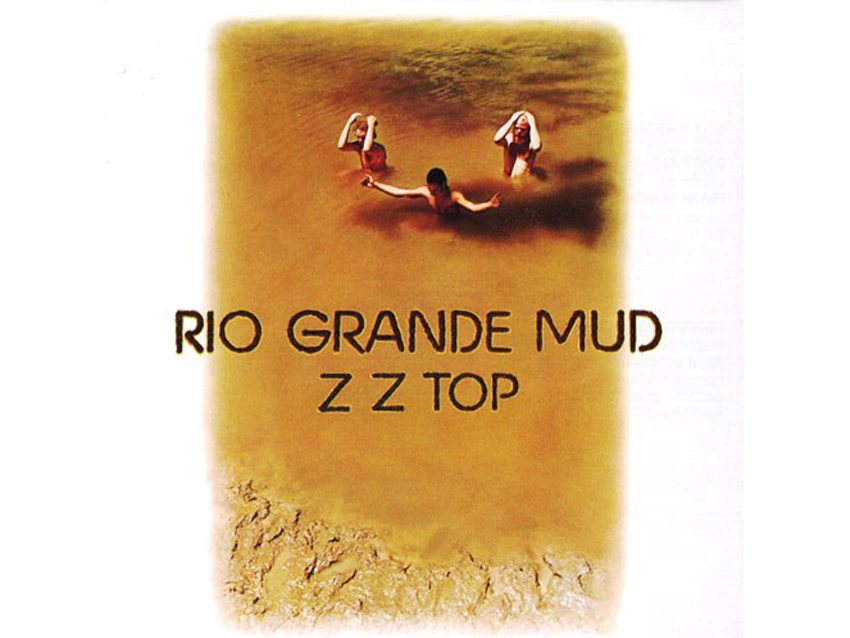
ZZ Top - Rio Grande Mud (1972)
“The Billy Gibbons blues is a good door-opener. There’s a lot of great blues in Chicago, obviously, but sometimes that feels like a club you can’t enter at times. To a kid from the suburbs, what Billy does is a nice gateway; it can let you into the blues because it’s all being played in the context of kick-ass songs that you just can’t deny.
“When I heard Just Got Paid, I was like, ‘Wow, that’s a nasty song.’ The riff is something that so many people have used. Later on, you heard everybody doing it – it's all over the place. The influence he’s had is pretty massive. Pantera, Mastodon – they’ve all taken from Billy Gibbons.
“And he’s so tasteful, too, very understated. He knows what to play, when to play and when not to play. You can learn a lot from listening to his choices on the guitar. This record is a really great example of how you can inform the sound of the band – his tone is so fat and wide – but also have a lot of restraint.”
Joe is a freelance journalist who has, over the past few decades, interviewed hundreds of guitarists for Guitar World, Guitar Player, MusicRadar and Classic Rock. He is also a former editor of Guitar World, contributing writer for Guitar Aficionado and VP of A&R for Island Records. He’s an enthusiastic guitarist, but he’s nowhere near the likes of the people he interviews. Surprisingly, his skills are more suited to the drums. If you need a drummer for your Beatles tribute band, look him up.
